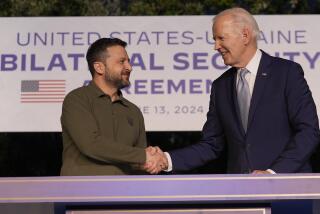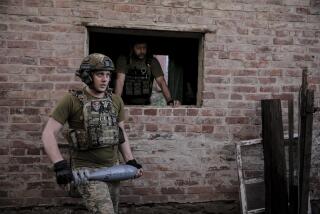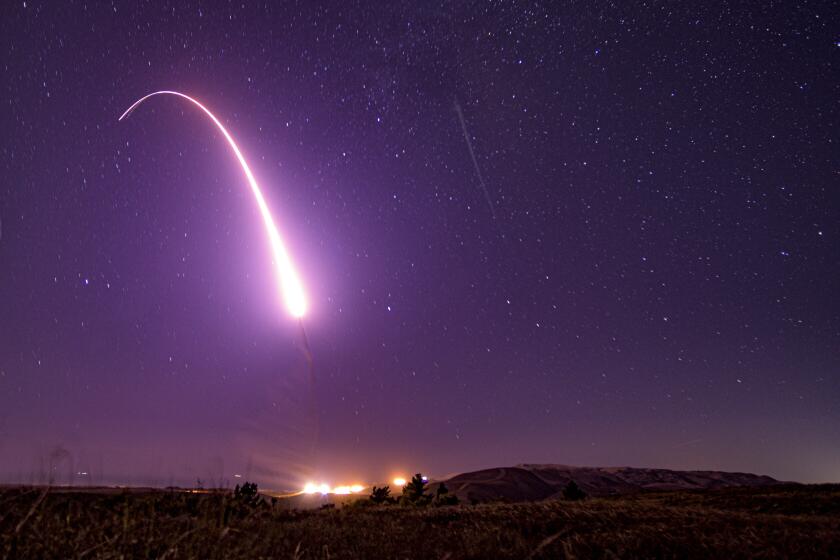EXPERTS VIEW THE SUMMIT
- Share via
Will the U.S.-Soviet agreement on chemical weapons really make a difference in a world where other nations have made and stockpiled them?
It will make a difference, because it puts us irrevocably on the path toward a global ban on chemical weapons. The agreement will be viewed by other nations--including unstable regions like the Middle East--as a clear indication of the superpowers’ willingness to forsake these weapons forever.
More practically, the agreement will allow us to test key provisions of the global ban before it is concluded. We should not sit back and allow too much time to pass before bringing a chemical disarmament treaty into existence. We may not be able to roll back the entire chemical proliferation problem. But this bilateral agreement is an important first step.
Elisa D. Harris
Senior Research Analyst, Brookings Institution
A U.S.-Soviet agreement will probably not make much of a difference. There are no very satisfactory verification methods. The agreement will be largely a matter of moral restraint. In the present context, the political incentives against a violation are very strong in the Soviet Union. In the years ahead that context could change.
The interesting thing about chemical weapons is that ever since the end of World War I, whenever the two sides in a conflict both have them, they have not been used. When only one side has them and the other side does not (as in the Iran-Iraq war) they have been used. That should give us pause about completely opting out of chemical weapons production.
Lt. Gen. William E. Odom
Former director, National Security Agency
More to Read
Sign up for Essential California
The most important California stories and recommendations in your inbox every morning.
You may occasionally receive promotional content from the Los Angeles Times.










